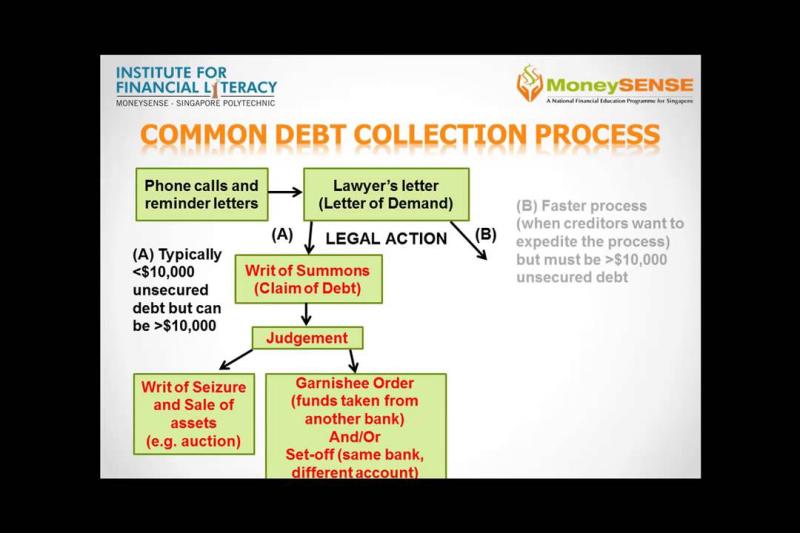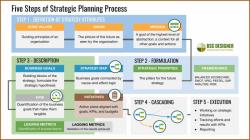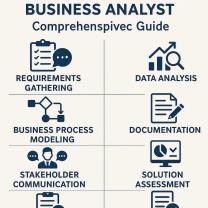How to start a debt management business?
Starting a debt management business involves careful planning, compliance with regulations, and a commitment to helping individuals or businesses navigate their financial challenges. Here are key steps to initiate a debt management business:
Research and Industry Knowledge:
- Understand the Industry: Gain a comprehensive understanding of the debt management industry, including regulations, best practices, and the competitive landscape.
- Legal Requirements: Research and understand the legal and licensing requirements for debt management services in your jurisdiction.
Create a Business Plan:
- Define Services: Clearly outline the services your business will offer, such as debt consolidation, negotiation with creditors, budgeting assistance, and credit counseling.
- Target Market: Identify your target market, whether it's individuals, businesses, or both.
- Financial Projections: Include financial projections, startup costs, operating expenses, and revenue forecasts.
Legal Compliance:
- Licensing and Regulations: Obtain any required licenses and adhere to regulations governing debt management services in your jurisdiction.
- Legal Structure: Choose a legal structure for your business, such as an LLC or corporation, and register your business with the appropriate authorities.
Develop a Business Name and Brand:
- Choose a Name: Select a professional and memorable business name.
- Brand Identity: Develop a brand identity, including a logo and marketing materials, that conveys trust and professionalism.
Build Industry Relationships:
- Creditors and Lenders: Establish relationships with creditors and lenders to negotiate favorable terms for your clients.
- Legal Advisors: Consult with legal professionals who specialize in financial services to ensure compliance.
Technology and Software:
- Choose Software: Invest in debt management software to streamline operations, manage client information securely, and track financial transactions.
- Website Development: Create a professional website that outlines your services, team, and provides contact information.
Staffing:
- Hire Qualified Staff: If your business grows, hire qualified staff with experience in finance, credit counseling, and customer service.
- Training: Provide ongoing training to ensure your staff stays informed about industry changes and best practices.
Marketing and Advertising:
- Online Presence: Implement online marketing strategies to reach your target audience.
- Educational Content: Develop educational content on your website to inform potential clients about debt management, financial literacy, and the services you provide.
Client Onboarding Process:
- Consultation: Develop a thorough client consultation process to understand their financial situation and goals.
- Customized Plans: Create customized debt management plans based on each client's unique circumstances.
Data Security:
- Implement Security Measures: Prioritize data security to protect sensitive client information.
- Compliance: Ensure compliance with data protection laws and industry standards.
Monitoring and Reporting:
- Regular Check-ins: Establish a system for regular check-ins with clients to monitor their progress and adjust plans as needed.
- Financial Reporting: Provide clients with clear and transparent financial reporting.
Client Education:
- Financial Literacy Workshops: Offer workshops or resources to educate clients about budgeting, financial management, and long-term financial health.
Remember to stay informed about industry developments, maintain ethical standards, and prioritize client satisfaction. Always consult with legal and financial professionals to ensure your business operations comply with applicable laws and regulations.
What are the initial steps and requirements in establishing a debt management business?
Launching a debt management business involves careful planning, adherence to regulatory requirements, and a commitment to providing ethical and effective services to clients. Here's a comprehensive guide to the initial steps and requirements for establishing a debt management business:
1. Develop a Compelling Business Plan:
A detailed business plan serves as the roadmap for your debt management venture. It should outline your business goals, target market, competitive analysis, services offered, marketing strategies, financial projections, and operational plans.
2. Obtain Necessary Licenses and Certifications:
Debt management businesses are subject to various regulations and licensing requirements. Research the specific requirements in your jurisdiction, which may include:
Credit Counseling Agency License: Obtain a license from the state or federal regulatory body responsible for credit counseling agencies.
Financial Services License: Depending on your service offerings, you may need to obtain a financial services license or registration.
Business License: Register your business with the appropriate local or state authorities.
3. Establish Secure and Compliant Infrastructure:
Protect your business and clients' sensitive financial information by implementing robust cybersecurity measures. This includes:
Data Encryption: Encrypt all data at rest and in transit to safeguard sensitive information.
Access Controls: Implement strong access controls to limit access to data based on user roles and permissions.
Compliance with Data Privacy Laws: Adhere to data privacy regulations like GDPR and CCPA to protect client privacy.
4. Build a Team of Qualified Professionals:
Assemble a team of experienced and qualified professionals, including:
Certified Credit Counselors: Hire certified credit counselors who have the expertise to guide clients through debt management plans.
Financial Analysts: Employ financial analysts to assess clients' financial situations and develop personalized debt management strategies.
Customer Service Representatives: Provide excellent customer service by hiring empathetic and knowledgeable representatives who can assist clients with their inquiries and concerns.
5. Establish Partnerships with Creditors:
Forge relationships with major creditors to negotiate favorable terms for your clients, such as reduced interest rates and waived fees. This can significantly improve clients' debt management outcomes.
6. Implement Effective Marketing Strategies:
Reach your target audience and attract clients through a comprehensive marketing plan. Utilize online and offline channels, such as:
Search Engine Optimization (SEO): Optimize your website and content to rank high in search engine results.
Content Marketing: Create informative and engaging content that educates potential clients about debt management.
Social Media Marketing: Engage with your audience on social media platforms to build brand awareness and attract leads.
Partnerships with Community Organizations: Collaborate with non-profit organizations that serve individuals struggling with debt.
7. Adhere to Ethical Practices and Transparency:
Maintain the highest ethical standards in your business practices. This includes:
Disclosing Fees Clearly: Clearly disclose all fees and costs associated with your services to clients upfront.
Avoiding Conflicts of Interest: Maintain independence from creditors and avoid any conflicts of interest that could compromise your clients' best interests.
Providing Transparent Communication: Communicate openly and honestly with clients, keeping them informed about their debt management progress and any changes to their plans.
By carefully following these steps and adhering to the necessary requirements, you can establish a successful and ethical debt management business that provides valuable assistance to individuals struggling with debt.













